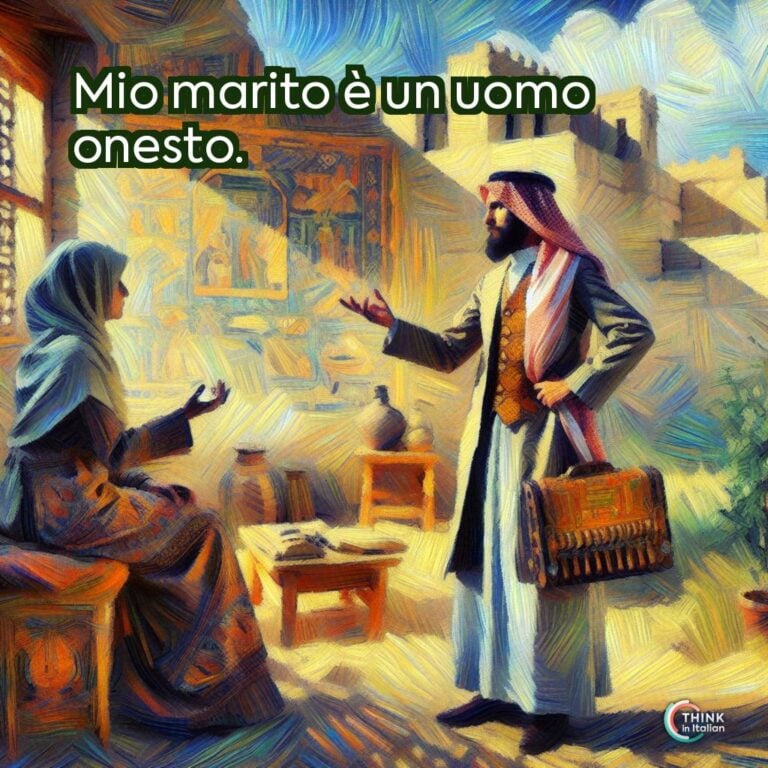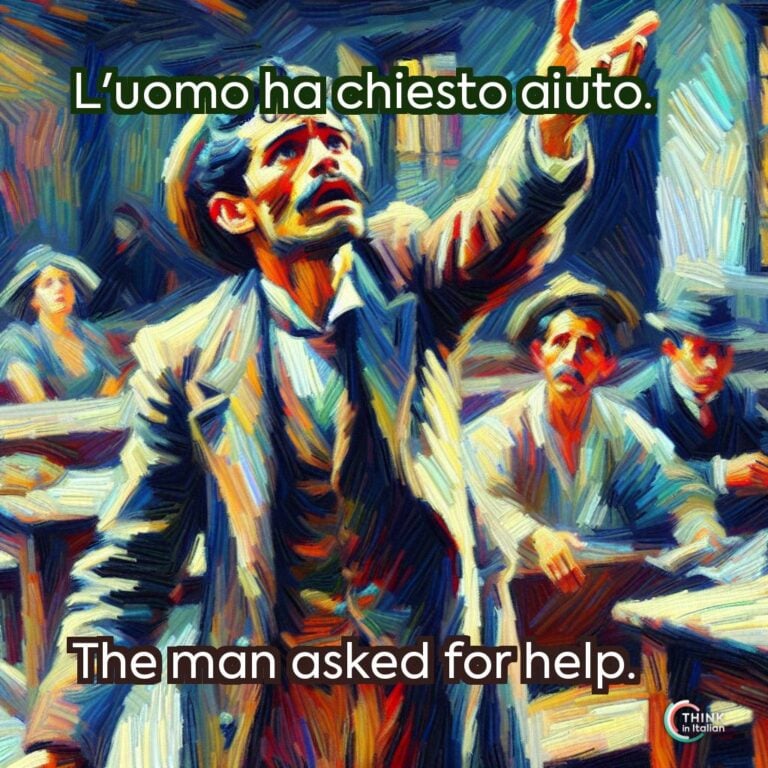How to Translate “Man” in Italian
As simple as it is, the basic translation for “man” in Italian is uomo. However, knowing this word goes beyond just knowing its translation.
Understanding how this word functions in Italian requires a look into its grammar, gender, number, and unique plural form.
Moreover, I will guide you through various expressions and Italian idioms and Italian proverbs that make use of the word uomo as well as alternative translations of this term.
Notice that in most of these expressions, the word uomo is used to generalize the mankind. While the linguistic fight for gender neutralization is an ongoing phenomenon in Italian as well as in other languages, these expressions are meant to convey general ideas.
“Man” in Italian
Gender and Number
The gender and number of Italian nouns is a grammatical topic you must properly understand if you aim to become fluent. Like most Romance languages, Italian nouns have a grammatical gender.
- Gender of nouns means that a word can be either feminine or masculine, or both when it can refer to both genders. The word uomo is masculine, so it takes masculine articles and adjectives:
L’uomo alto.
The tall man.
Un uomo gentile.
A kind man.
Note that the grammatical gender has nothing to do with the gender of what these words refer to. For instance, the word casa (house) is feminine, but of course houses do not have a gender themselves. It is just a grammatical classification.
- Number of nouns means that a word can either be singular or plural, or both when the items can be pluralized. The plural of uomo is irregular: most Italian nouns are pluralized by changing the ending (ragazzo – ragazzi), but uomo changes completely: gli uomini deboli (the weak men).
Common Expressions With “Uomo”
The word uomo is featured in many idiomatic expressions and phrases in Italian, each conveying different meanings:
- Uomo d’affari (businessman)
- Uomo di parola (man of his word), to convey reliability and trustworthiness.
- Uomo comune (common man) to emphasize the average or ordinary person.
- Uomo delle caverne (caveman)
Of course, there also are several proverbs that make use of this word. As I mentioned before, the word uomo in these expressions is used to generalize mankind.
Ogni uomo è artefice del proprio destino.
Every man is the maker of his own destiny.
L’uomo è il peggior nemico di se stesso.
Man is his own worst enemy.
Uomo avvisato, mezzo salvato.
A warned man is half saved.
Alternative Translations for “Man”
While uomo is the standard translation for “man”, different contexts sometimes require other words:
- Maschio (male): used to emphasize gender, especially in biological or comparative contexts: un maschio adulto (an adult male).
- Persona (person): a gender-neutral term to refer to anyone. However, notice that its grammatical gender is feminine: una persona onesta (an honest person).
- Signore (gentleman, sir): used in formal contexts or to show respect: il signore è pronto (the gentleman is ready).






